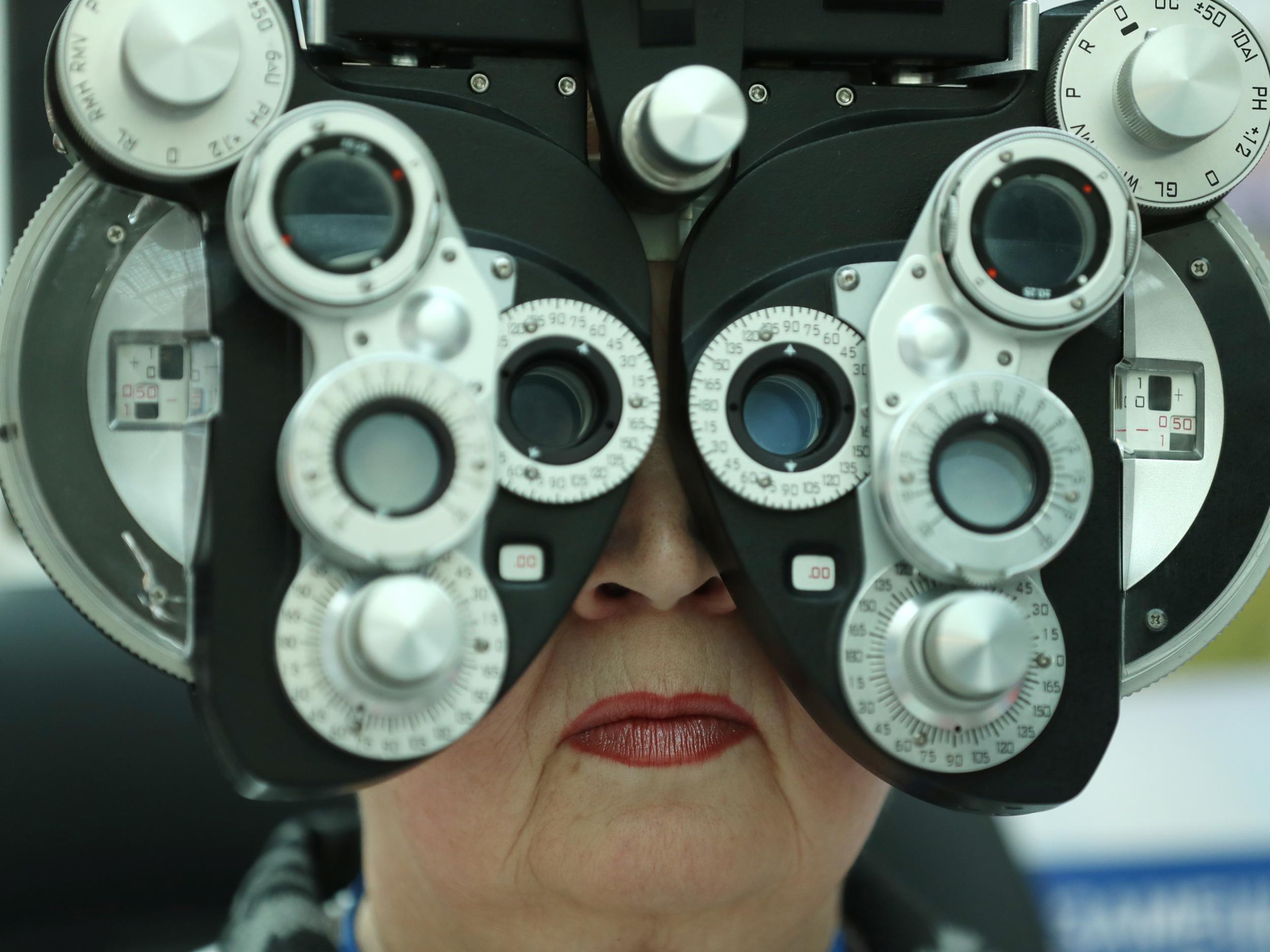Four in 10 middle aged Britons unable to see phone screens clearly, new poll finds
'If you are holding things further away or increasing the font size, then it’s likely to be the start of a natural ageing process called presbyopia'

Your support helps us to tell the story
From reproductive rights to climate change to Big Tech, The Independent is on the ground when the story is developing. Whether it's investigating the financials of Elon Musk's pro-Trump PAC or producing our latest documentary, 'The A Word', which shines a light on the American women fighting for reproductive rights, we know how important it is to parse out the facts from the messaging.
At such a critical moment in US history, we need reporters on the ground. Your donation allows us to keep sending journalists to speak to both sides of the story.
The Independent is trusted by Americans across the entire political spectrum. And unlike many other quality news outlets, we choose not to lock Americans out of our reporting and analysis with paywalls. We believe quality journalism should be available to everyone, paid for by those who can afford it.
Your support makes all the difference.Almost four in 10 middle aged Britons are unable to see phone and tablet screens clearly, according to a new poll.
The survey of 2,000 adults aged 45 and over found just under half have to resort to holding their devices at arm's length to focus their eyes properly.
Long-sightedness - which becomes more prevalent as we grow older - leaves many struggling to read small print.
Text on medicine bottles, food labels, restaurant menus and recipe books are the trickiest to decipher, those polled claimed.
Three in four of those who took part said they have difficulty reading small print, while just over three in 10 said there is a possibility they need glasses, but have made a conscious choice not to arrange to get them.
The study was commissioned by Acuvue to raise awareness of presbyopia which affects the eye’s ability to focus on nearer tasks and usually develops in your early forties.
"If you are holding things further away or increasing the font size, then it’s likely to be the start of a natural ageing process called presbyopia, which does increase as we age," said Ian Pyzer, professional education & development manager at Johnson & Johnson. Vision said. "People typically begin noticing the early signs, like small print on the back of packets, around 40-45 years of age.
The study also found just under one in six have asked friends to read things from a menu for them when they are struggling, with a handful even asking strangers to read their phone.
Others will go to the extreme length of pointing to something completely random on a menu despite having no idea what they are ordering, instead of putting on a pair of "reading glasses".
Ian Pyzer said: “Your prescription is specific to you and whilst another person’s glasses may appear suitable, using them can result in eye fatigue, headaches or blurred vision.
“This can potentially cause unwanted side effects which is why it is so important to visit an optician for an eye examination. It’s amazing how having your vision corrected, makes you realise how much easier life is again."
He added: “We would encourage anyone who is worried about their eye sight or think they might have presbyopia to visit their local optician for an eye examination and to discuss what the perfect solution is for them.’’
Join our commenting forum
Join thought-provoking conversations, follow other Independent readers and see their replies
Comments